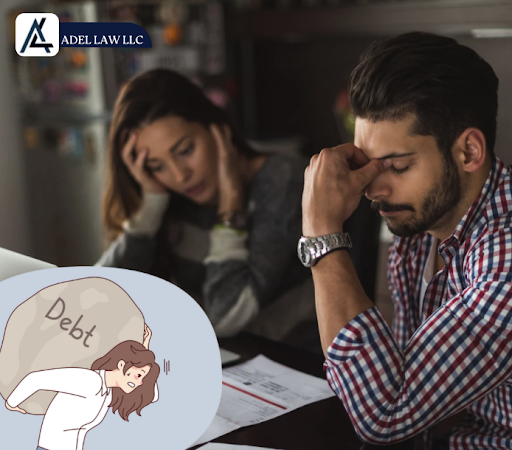Debt recovery can be a tricky subject for both individuals and businesses. When someone owes you money and refuses to pay, it can put a strain on your finances, especially if it’s a significant amount. Fortunately, Singapore has a clear process for recovering debt that ensures both creditors and debtors are treated fairly.
What is Debt Recovery?
Debt recovery refers to the process of collecting unpaid debts from individuals or businesses. In Singapore, the process usually starts with an attempt to resolve the issue amicably through communication between the creditor and debtor. If that doesn’t work, legal avenues may be explored. It’s important to note that Singapore has a strong payment culture, so late payments are not as common here as in other countries. However, when they do occur, understanding your options is crucial.
Steps in the Debt Recovery Process
- Amicable Resolution: The first step in any debt recovery process should always be trying to resolve the issue without legal action. A simple phone call or a formal letter to remind the debtor of their obligations can sometimes do the trick. This step is crucial because it allows both parties to resolve the issue quickly and without unnecessary costs.
- Sending a Letter of Demand: If initial attempts fail, the next step is usually a Letter of Demand. This is a formal document sent to the debtor, outlining the amount owed, the due date, and the consequences of failing to make the payment. It gives the debtor a clear deadline to settle the debt before legal action is initiated.
- Legal Action: When amicable resolution doesn’t work, creditors can pursue legal action. Depending on the amount of debt, the case may be heard in different courts. For small claims up to S$20,000, the case would go to the Small Claims Tribunal. For larger sums, it may be escalated to the Magistrate Court, District Court, or even the High Court for debts exceeding S$250,000.
- Court Judgment and Enforcement: If the court rules in favor of the creditor, the debtor will be required to settle the debt. If the debtor still fails to pay, further enforcement actions, such as garnishing wages or seizing assets, may be taken.
The Role of a Debt Recovery Lawyer
Navigating the debt recovery process can be challenging, especially if the amount is large or the debtor is uncooperative. This is where engaging a debt recovery lawyer can make all the difference. Lawyers specializing in debt collection can guide you through the legal complexities, from drafting demand letters to representing you in court if necessary.If you’re struggling with an unpaid debt, it’s crucial to act quickly. Delays can make recovery more difficult and could even lead to financial strain. At ADEL LAW LLC, our experienced team of debt recovery lawyers is here to help you take the right steps towards recovering what is owed to you.




